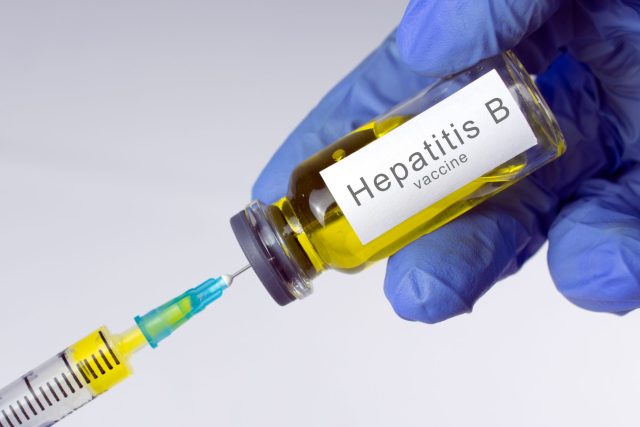Health experts have called on federal authorities to urgently adopt innovative, science-driven strategies, particularly preventive vaccines, to combat the rising burden of cancer in the country.
The experts agreed that stronger alignment between researchers, communities, and policymakers could significantly reduce Nigeria’s cancer mortality rate, particularly among women and vulnerable populations, if interventions like the human papillomavirus (HPV) vaccine and hepatitis B (HBV) vaccine are scaled up nationally.
Speaking during the Policy4Cancer Designathon, hosted by the Cancer Control Centre for Research on Implementation Science and Equity (C3-RISE) and organised by 4Communities by Communities in partnership with the Federal Ministry of Health, Nigerian Institute of Medical Research (NIMR), and Brooks Insights, participants stressed the untapped potential of cancer-preventing vaccines like human papillomavirus (HPV) and hepatitis B (HBV) in saving lives.
A medicine professor at the Washington University School of Medicine in St. Louis, USA, Juliet Iwelunmor, criticised the persistent gap between Nigeria’s robust cancer research and its poor implementation, especially regarding liver and cervical cancer prevention.
“At least 50 per cent of cancer research conducted is never utilised as evidence for policymaking. This creates a cycle of research waste,” Iwelunmor said. “Before the end of today, 22 Nigerian women will die of cervical cancer, a disease that is preventable through proven interventions like screening and vaccination.”
She noted that despite the country having various policy frameworks and studies targeting cervical and liver cancer, these are often not translated into policy briefs or action plans that benefit local communities.
Iwelunmor also revealed that Nigeria is currently revising its national cancer control policies. However, she cautioned against developing these documents in isolation from the lived realities of ordinary Nigerians.
“Communities are not just stakeholders; they have ideas and are often the first to experience what works and what doesn’t,” she added.
Also speaking, a research fellow at the Clinical Science Department of the Nigerian Institute of Medical Research and Associate Professor at the Department of Public Health, Lead City University, Ibadan, Dr Folahanmi Akinsolu, observed that cervical and liver cancers are preventable, and called for strategies that will bring together research and policy to end cancer in Nigeria.
The Policy4Cancer Designathon served as a platform for bridging these gaps by creating a collaborative environment for researchers, health workers, and civil society to co-design community-driven cancer control solutions.
To address this gap, C3-RISE brought together six teams: Team NICRAT, Team CanReAct, Team ARISE, Team ECHO, Team Trident, and Team R2P, comprising researchers and policymakers to participate in a designathon – a team-based activity where participants collaborate to develop innovative solutions to a defined problem.
In the designathon, each team collaborates to develop innovative, inclusive, and actionable solutions to the research-policy problem. These ideas were presented to a panel of judges, who will select the most impactful strategy.
The winning pitch, Team CanReAct, was awarded N1 million to enable the team to facilitate designed and targeted information dissemination amongst community members, researchers and policy makers to drive informed policymaking.







